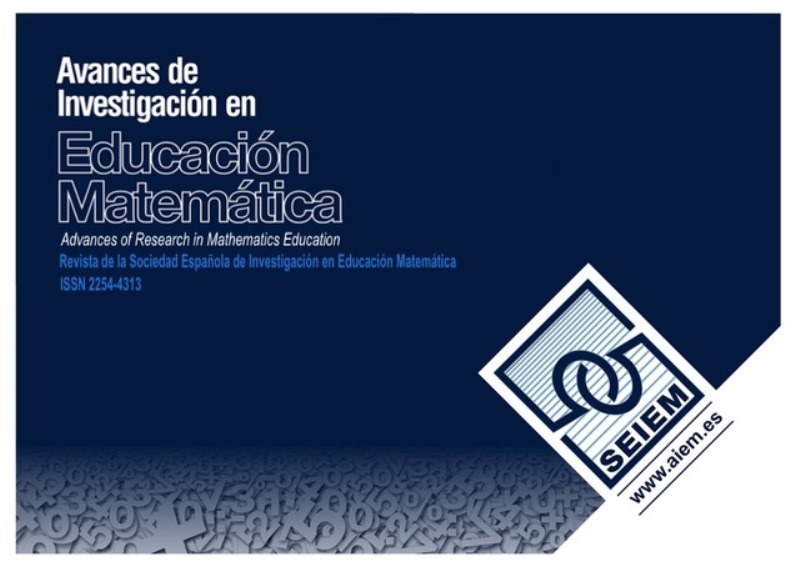Analysis of the didactic suitability of a statistical project designed and implemented in a context at risk of social exclusion
DOI:
https://doi.org/10.35763/aiem.v0i18.325Abstract
Statistical education must respond to the challenge of how to foster critical thinking in students. Such a challenge becomes singularized in contexts at risk of social exclusion, and hence studies that evaluate the didactic suitability of different types of education are key. Our interest is focused on analyzing a statistical project specifically designed for a socioeconomically complex school context of primary education. After the project implementation in a 5th grade classroom, we analyzed: 1) the work around curricular contents and 2) its didactic suitability according to theoretically-established dimensions. We conclude about the need to address a certain balance amongst the least represented dimensions, named herein epistemic and mediational, in line with those named ecological, cognitive and interactional.
Downloads
Downloads
Published
How to Cite
Issue
Section
License
The articles published in this journal are under a license Creative Commons: By 4.0 España from number 21 (2022).
Authors who publish with this journal agree to the following terms:
- Authors retain copyright and keep the acknowledgement of authorship.
- The texts published in this journal are – unless indicated otherwise – covered by the Creative Commons Attribution 4.0 international licence. You may copy, distribute, transmit and adapt the work, provided you attribute it (authorship, journal name, publisher) in the manner specified by the author(s) or licensor(s). The full text of the licence can be consulted here: http://creativecommons.org/licenses/by-nc/4.0.
- Authors are able to enter into separate, additional contractual arrangements for the non-exclusive distribution of the journal's published version of the work (e.g., post it to an institutional repository or publish it in a book), with an acknowledgement of its initial publication in this journal.
- Authors are permitted and encouraged to post their work online (e.g., in institutional repositories or on their website) prior to and during the submission process, as it can lead to productive exchanges, as well as earlier and greater citation of published work (See The Effect of Open Access).









